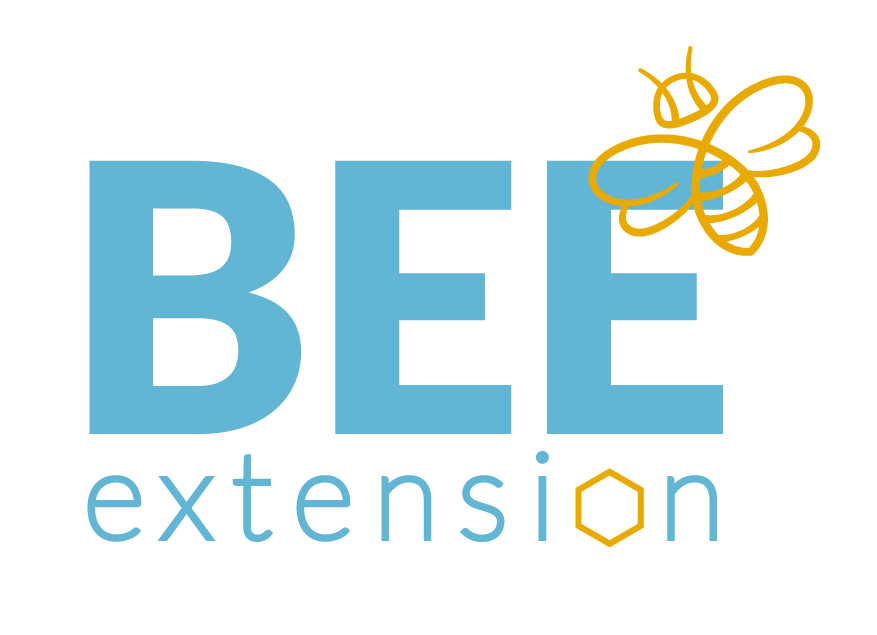Defining your role
As part of the communication planning it is not only important to know your target groups, available resources and key messages. It is also necessary for you to reflect upon your own role in the forthcoming activities: Are you the one to do most of the communications with the target group or will you mainly be responsible for planning and monitoring of the activities? Professional advisors have the competence of both being knowledgeable in a specific subject area, while at the same time having rhetorical and pedagogic skills to make the content interesting, relevant and understandable for the target group. But it is not always that we have access to professional advisors, and sometimes the role of the communicator is not related to subject area expertise.
Different roles
Being a communicator might be different things depending on which communicative goals you have, what channels are used, and of course your own, personal preferences. In a communicative situation you take a role, but the target group will also give you a role. Sometimes there is a mismatch, why it is important to from the very beginning clarify the expectations on ones and the participants’ roles.
The following roles might be taken/given as a communicator (often you shift between these in one and the same communicative activity):
- Expert in a specific field, more or less narrow (answering well defined questions)
- Lecturer, acting as an expert summarising findings in a pedagogical way for a bigger audience
- Information intermediary, bridging between knowledge resources (enable access)
- “Sounding board”, spreading information and ideas from one bee-keeper to another
- Problem solver, supporting the bee-keeper to find new solutions to practical, local problems
- Instructor, by showing explaining how one might development bee-keeping practices
- Coach, asking questions to the bee-keepers helping them to develop their thoughts
- Mentor, based on your own practical and long experience support someone else’s development
- Moderator, leading group discussions or meetings where it is important the everyone has a voice and are respected
- Facilitator, taking responsibility for the management of a development process often involving many different actors
- Project manager, being the one guiding participants towards a common goal, making sure that the administrative support also works
Not seldom do you have many roles simultaneously. What is important is to know which role you have and how the participants define your role. You might also reflect upon these questions:
- Which role do I myself prefer/feel comfortable in as a communicator?
- Which role am I supposed to have?
- Which competence do I need to strengthen in order to be a better communicator?
- Which competencies are needed to be added to our work in order for us to become more successful in our programs or projects?
Challenges for the expert
Being an expert is not easy from a pedagogic and relational perspective. Although you want to work more participatory the target group might expect you to act as an expert, not involving them too much in dialogue, etc. The challenges depends on things like:
- The expert has a natural authority
- There is a trust and strong belief in science and rational arguments
- We tend to avoid feelings and emotions when talking about change
- There is an unique jargon and language among different experts
In most cases this is not a problem, but if you want to work more as a facilitator, these aspects might complicate your shift in role. This is therefore good to be aware of.
Downloade presentation on: How to define ones role
